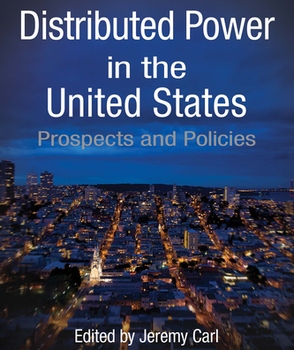Jeremy Carl
Jeremy Carl is a research fellow at the Hoover Institution, where he focuses on energy policy and U.S. politics.
He has served as a policy advisor to many national political figures on a variety of issues ranging from energy to electoral strategy; His academic writing on reforming California’s energy bureaucracy was praised by a bipartisan coalition of former California governors and his work on distributed power has been lauded by leaders ranging from senior Bush Administration energy officials to the former Democratic Party head of the Senate Energy Committee. His recent policy work for a prominent Republican governor was highlighted by The Wall Street Journal, Time Magazine, and the National Review.
Before coming to Hoover, Carl was a research fellow at the Program on Energy and Sustainable Development at Stanford. Before that he was a research fellow in resource and development economics at the Energy and Resources Institute, India’s leading energy and environmental policy organization.
Jeremy’s scholarly work at Hoover focuses on energy and environmental policy, with an emphasis on energy security, climate policy, energy innovation and global fuel markets. In addition he has continued previous research on energy politics and policy in India and China. Outside of his energy work he is a frequently sought-out commentator on U.S. politics and elections.
Carl is the author or editor of several books, including Powering the Armed Forces (with Admiral Gary Roughead), Conversations about Energy: How the Experts See America’s Energy Choices and Assessing the Role of Distributed Power Systems in the US Power Sector. His work has appeared in numerous professional journals in the energy and environmental field.
His political writing and commentary has been featured in the New York Times, Wall Street Journal, Time Magazine, National Review, Politico,the Economist, and many other leading newspapers and magazines.
Jeremy received a BA with distinction from Yale University. He holds an MPA from the Kennedy School of Government at Harvard University and did doctoral work at Stanford University, where he was a Packard Foundation Stanford Graduate Fellow.












